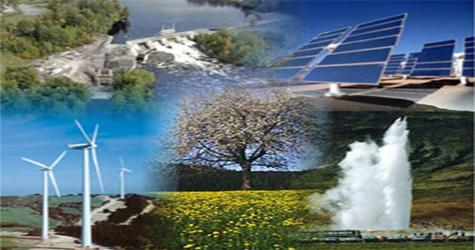Requirements of the UK’s energy future and the balance that needs to be struck with the environmental impact of energy infrastructure.
Building understanding has been added to the challenges set out for the UK’s energy future at the Energy Networks Association (ENA) fringe at the Liberal Democrat conference in Brighton yesterday (Sunday 23 September).
Seeking to engage in an open and robust debate, the fringe event set out the requirements of the UK’s energy future and the balance that needs to be struck with the environmental impact of energy infrastructure.
Speaking to a standing room-only event, Secretary of State Ed Davey spoke of the new challenge for energy infrastructure:
“The challenge we face is to understand the concerns but to help people to see the end goal of tackling climate change. It’s important to take people with you. This principle and the requirement to renew and replace our energy infrastructure is what makes this discussion so important.”
When asked about efforts to reduce demand, Davey highlighted demand response as key:
“I am passionate about demand response. We can do smart grids and we will. We are going to sweat the system to deliver demand response as it will be a vital part of the solution.”
Basil Scarsella, Chief Executive of UK Power Networks, said:
“The aim for our future networks is to find out how to handle increased demand while minimising the need for more power lines by spreading the load. The challenge is to do things smarter and we’re using the Low Carbon Networks Fund to deliver the R&D necessary.”
Discussing the potential of storage, Basil also highlighted the 1mW battery that UK Power Networks are working on as part of their LCNF work.
Janine Freeman, Head of UK and EU Public Affairs at National Grid, spoke about society’s view of energy and National Grid’s commitment to Ed Davey’s challenge of helping the public to understand all the issues:
“Energy underpins our whole society and we take it for granted that it’s there. We take the impact of pylons very seriously and effective dialogue with communities is essential. Society has very difficult decisions to make about energy infrastructure. Undergrounding can be done but a balance is critical and an awareness of both the cost and societal impacts is required.”
Neil Sinden, Policy and Campaigns Director at CPRE, said:
“The carbon challenge is important but there are other environmental concerns too and we mustn’t lose sight of those, an environmentally sensitive approach is needed. Public willingness to pay, the long term strategy and a robust planning system are all areas that we must get right. We very much welcome this opportunity to engage on the wider debate.”









